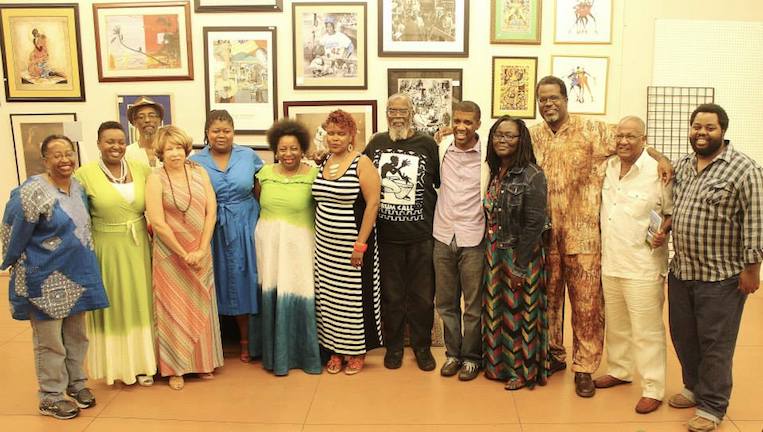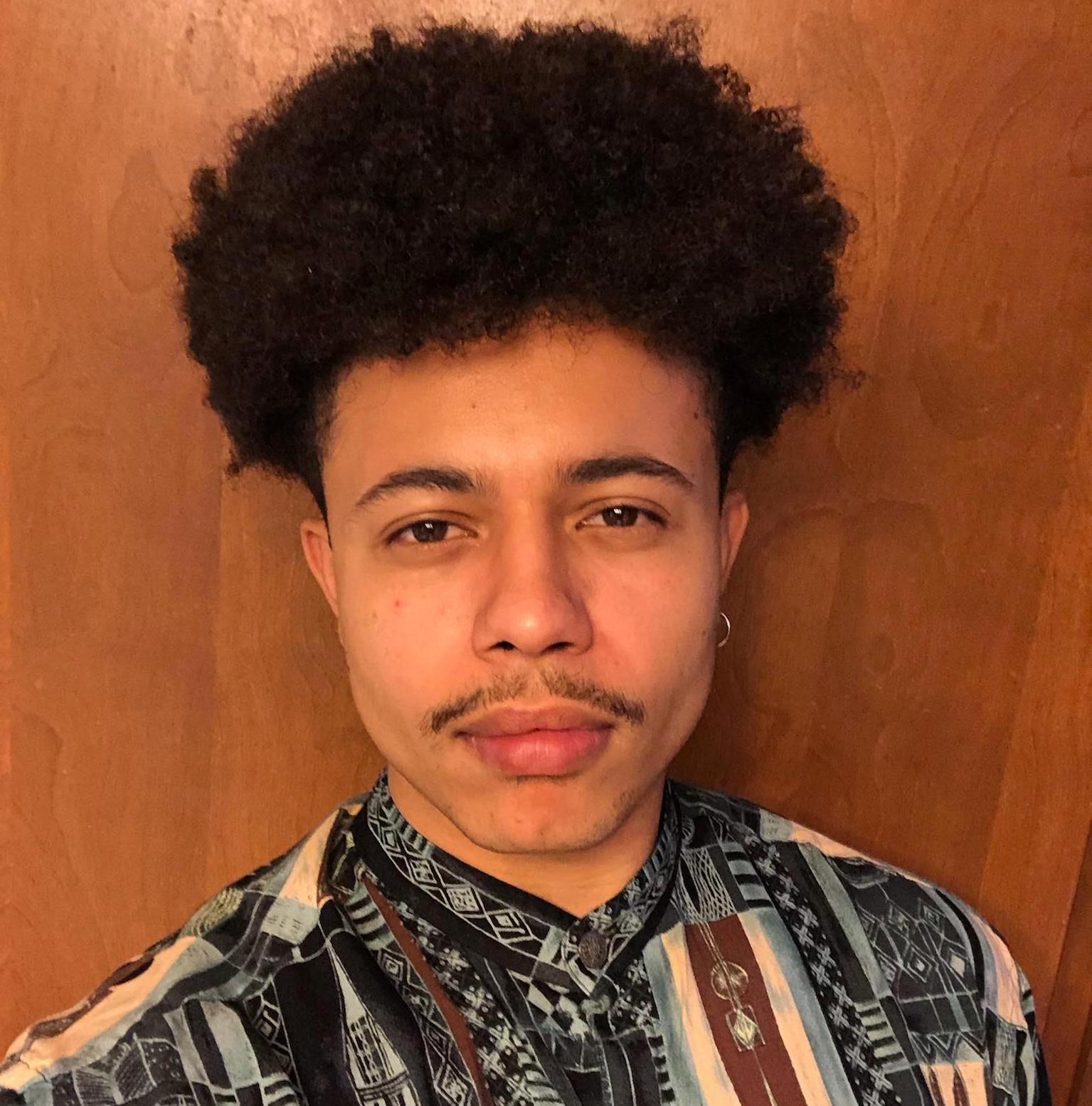Submissions are open for the annual $40,000 Whiting Creative Nonfiction Grants, given to up to eight writers “in the process of completing a book-length work of deeply researched and imaginatively composed nonfiction for a general readership.” Administered by the Whiting Foundation, the grants are meant to provide writers with the time and resources required to research and compose “original, ambitious projects that bring writing to the highest possible standard.”
Only books under contract with a U.S. publisher are eligible for the grants. In previous years, the foundation also required that books be under contract for at least two years at the time of application; this restriction has been lifted.
Using only the online submission system, submit a résumé, a statement of progress, and three sample chapters totaling no more than 25,000 words. Applicants must also include a signed and dated contract with a U.S. publisher, the original proposal that led to the contract with the publisher, a letter of support from the book’s publisher or editor, an additional letter of support, and a list of all sources of funding received for the book to date. All materials must be received by April 20. There is no application fee. Visit the website for complete guidelines and eligibility.
In 2019, eight writers were awarded grants: Wil S. Hylton, Channing Gerard Joseph, Jim Morris, Kristen Radtke, Albert Samaha, Damon Tabor, Walter Thompson-Hernández, and Ilyon Woo. Previous grant recipients also include Jess Row, the author of White Flights: Race, Fiction, and the American Imagination (Graywolf Press, 2019); Jennifer Block, the author of Everything Below the Waist: Why Health Care Needs a Feminist Revolution (St. Martin’s Press, 2019); and Sarah M. Broom, whose debut memoir, The Yellow House (Grove Press, 2019), won the 2019 National Book Award for Nonfiction.
Founded in 1963, the Whiting Foundation believes in “identifying and empowering talented people as early as possible in their creative and intellectual development.” In addition to the Whiting Creative Nonfiction Grants, the organization honors emerging writers in fiction, nonfiction, poetry, and drama with the annual Whiting Awards, and print and online publications with the annual Whiting Literary Magazine Prizes.







